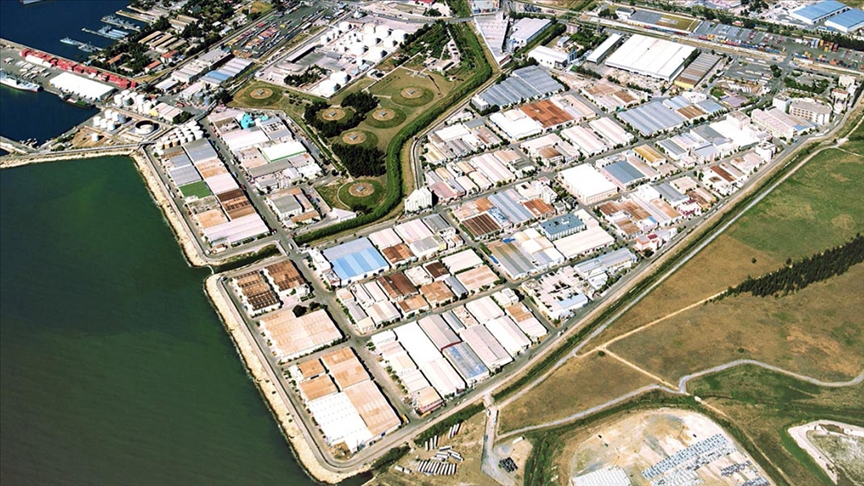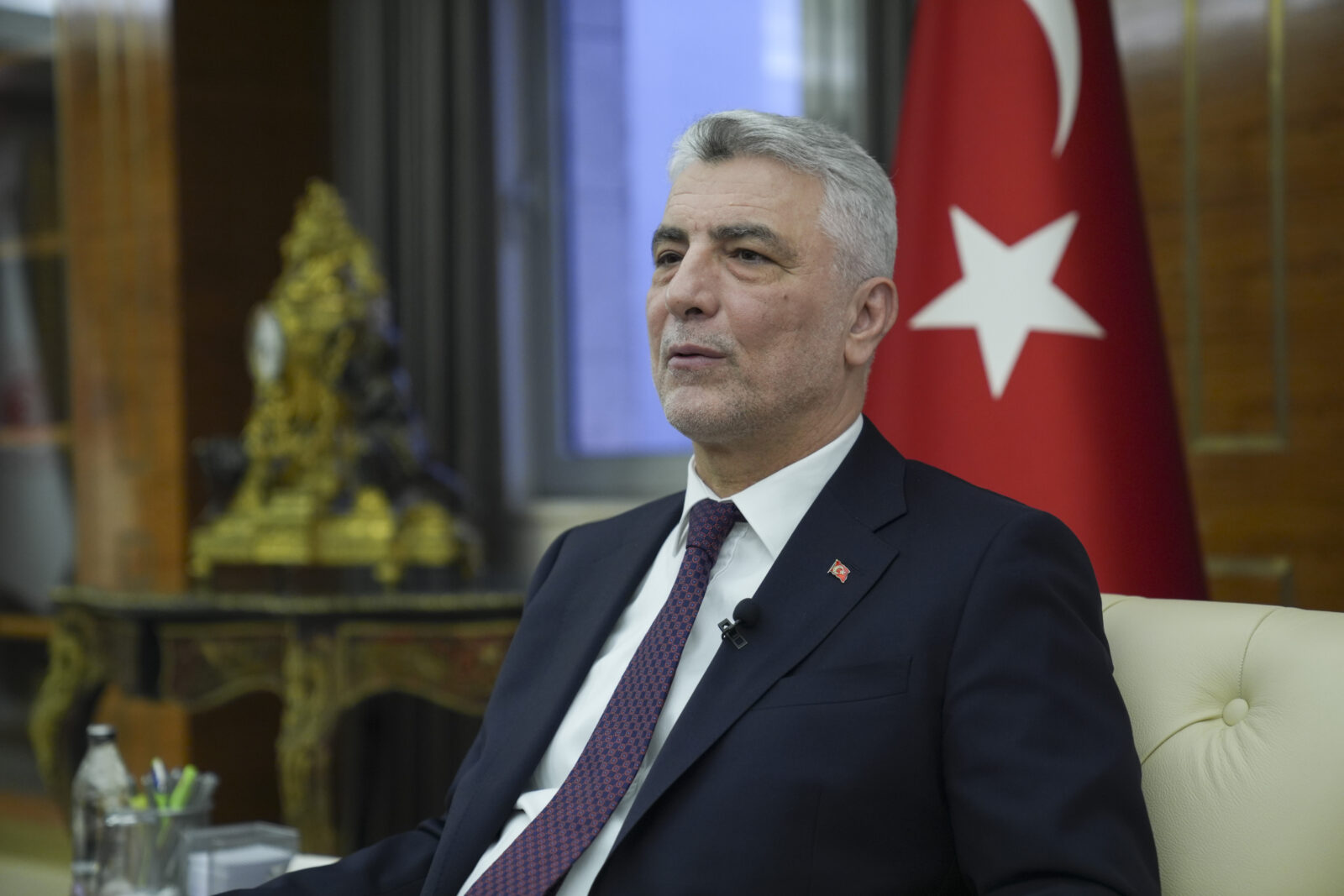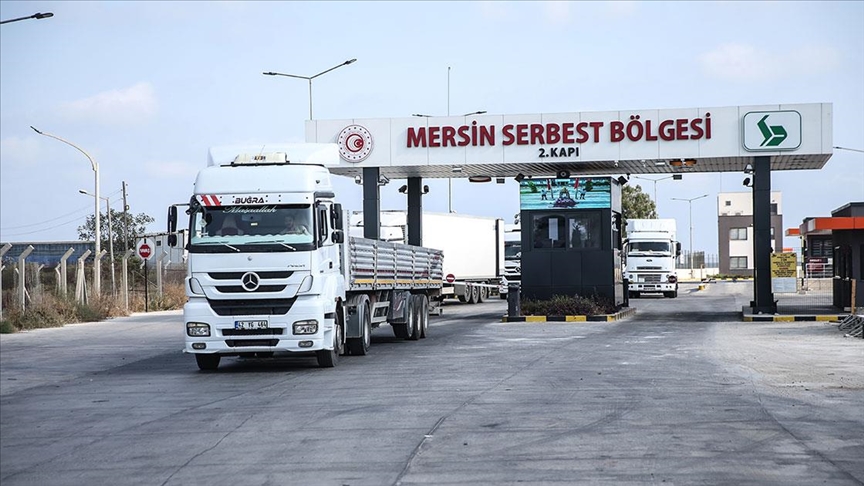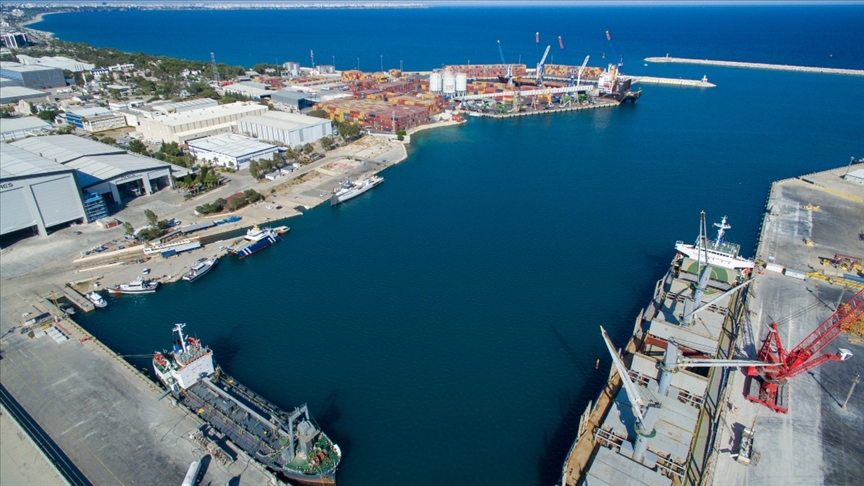
Türkiye’s exports from free zones are expected to exceed $12.5 billion in 2025, according to Minister of Trade Omer Bolat.
"We have introduced new policies aimed at attracting foreign direct investments in high-tech industries, expanding the use of renewable energy, and enhancing contributions to the green and circular economy," Bolat told Anadolu Agency (AA) on Sunday.
Highlighting the latest developments in Türkiye’s free zones, Bolat emphasized their role in boosting added value and strengthening Türkiye’s position in the global economy.

He noted that free zones recorded a trade surplus of $4.1 billion last year, with exports reaching $12 billion in 2024.
Bolat underlined free zones prioritize high-value production, employment, and exports. He pointed out that in 2023, medium- and high-tech products accounted for 47.7% of exports from these zones, while high-tech products made up 8.3%.
The Aegean Free Zone led in exports, followed by Mersin and Bursa Free Zones, Bolat stated. Key industries operating in these areas include automotive, machinery, textiles and apparel, steel, chemicals, and yacht and shipbuilding.

Bolat highlighted the increasing role of renewable energy production in free zones.
"In our Izmir free zones, we produce wind turbine blades and towers, while Istanbul and surrounding zones focus on solar energy equipment. Many national and international investors engaged in automotive, aviation, and defense industries have also chosen to invest in free zones," he explained.
He also noted that Antalya and Kocaeli Free Zones have become major hubs for luxury yacht and shipbuilding, attracting both domestic and foreign investors.

Bolat outlined several incentives introduced through amendments to the Free Zones Law in 2008 to encourage exports:
Approximately 25% of companies operating in free zones are foreign-invested, and interest from international firms has grown in recent years, Bolat noted.
He emphasized ongoing efforts to attract global investors to Türkiye’s free zones, with promotional activities carried out through agreements with 17 countries under mutual administrative cooperation protocols.
Looking ahead, Bolat addressed efforts to expand free zones and improve their infrastructure.
Bolat also stated that Antalya and Kocaeli Free Zones have reached full capacity in yacht and boat manufacturing, prompting plans to establish a new free zone dedicated to this industry.
"New free zones can be established based on private sector demand," Bolat said. "We are conducting feasibility studies to identify potential locations near major road, rail, and maritime routes where free zones can be developed."
Additionally, efforts are underway to enhance the logistics infrastructure of existing free zones:
Bolat emphasized the importance of modernizing free zones to enhance competitiveness.
"We are taking necessary steps to provide more modern and competitive infrastructure in our free zones," he stated, underscoring ongoing investments in new connections and improved logistics networks.